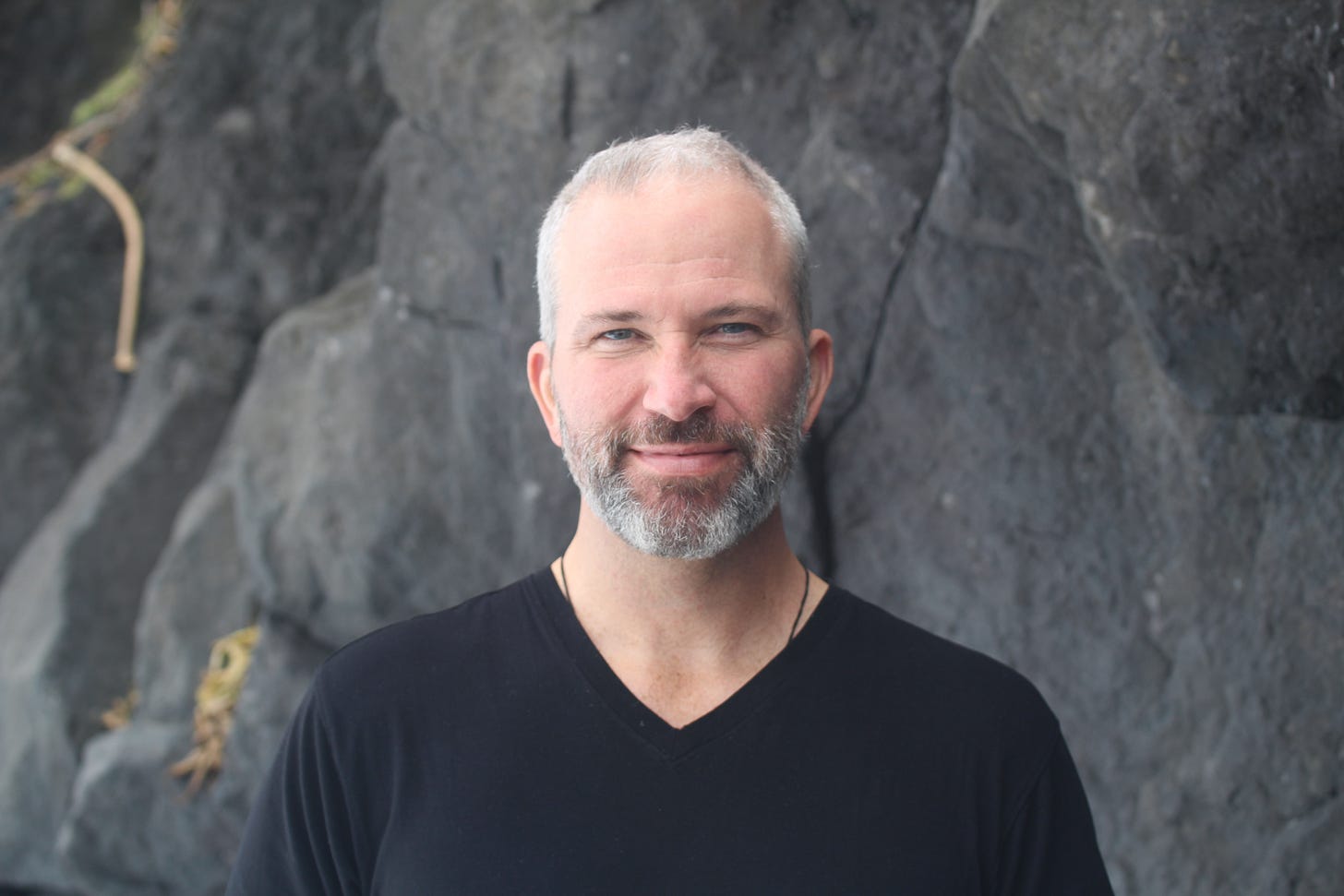This project brings together decades of my work in psychotherapy, crisis response, organizational consulting, and embodied practice. I started this Substack to explore the intersection of theory and practice—how body, mind, and environment co-create the experience of being human, especially under pressure.
Here, you’ll find reflections on embodiment, neuroscience, emotional regulation, systems thinking, and movement—grounded in direct experience and informed by research. I write for practitioners: people working with other people. That includes therapists, coaches, educators, leaders, artists, and care providers of all kinds. I also write for practitioners: people working with themselves, with their own embodiment.
What to expect:
Ideas about embodiment theory, practice and application
Effort to unpack complex ideas in clear language
Practical tools and case-informed applications
Interviews, audio segments, and dialogue-based essays
A systems-aware approach to individual and group dynamics
Opportunities to engage and dialogue with me and others
If you’re curious about my background, you can find more here on LinkedIn. If something I write resonates—or raises questions—I hope you’ll reach out.
Thanks for being here.
Warmly,
Stephen Buehler
connect.emotive.energy
The emotive.energy Substack offers posts, notes and podcasts that focus on embodiment theory, practice & application—bridging neuroscience, somatics, psychology and systems thinking for practical use in work and life.
emotive.energy is a research-driven, embodiment-based co-op that consults with leaders, teams and organizations to hone the skills needed in the chaotic modern world. We help people employ and expand their emotional agility, while navigating pitfalls from organizational dysfunction and burnout.
Stephen Buehler, MA, MFT is a psychotherapist, consultant, and crisis response expert with 30+ years of experience across healthcare, mental health, nonprofits, Fortune 500 high-pressure consulting, and creative and sales-driven cultures. As a founding member of emotive.energy, Stephen supports leaders, teams, and organizations in building real emotional agility, responding skillfully to disruption, addressing burnout, and realigning around purpose and authentic shared values. Stephen also hosts the emotive.energy podcast, where dancers, scientists, doctors, clowns, coaches, athletes, and everyday people explore how emotion and impulse shape the way we feel, live, work, and relate.
20,000+ hours of consultation with healthcare leaders, teams and providers on team wellness, collaboration, workplace bullying, community disasters and organizational crisis
20+ years providing psychotherapy to individuals, couples, groups, families; expert in disaster mental health & crisis response
300+ critical incidents and community disasters, leading just-in-time emotional support and follow-up care for affected leaders, doctors, nurses and teams
25+ years of engaged development in embodied, relational, and experiential forms of counseling psychology— with deep focus and passion for Gestalt Psychotherapy, Formative Psychology®, family systems theory, play therapy and psychodynamic thought
Lifelong immersion in athletics, yoga, movement, and somatic practices—including lived experience with degenerative disease and chronic pain—integrating body awareness at both gross and subtle levels
Website
Substack
Social Media
Podcast




